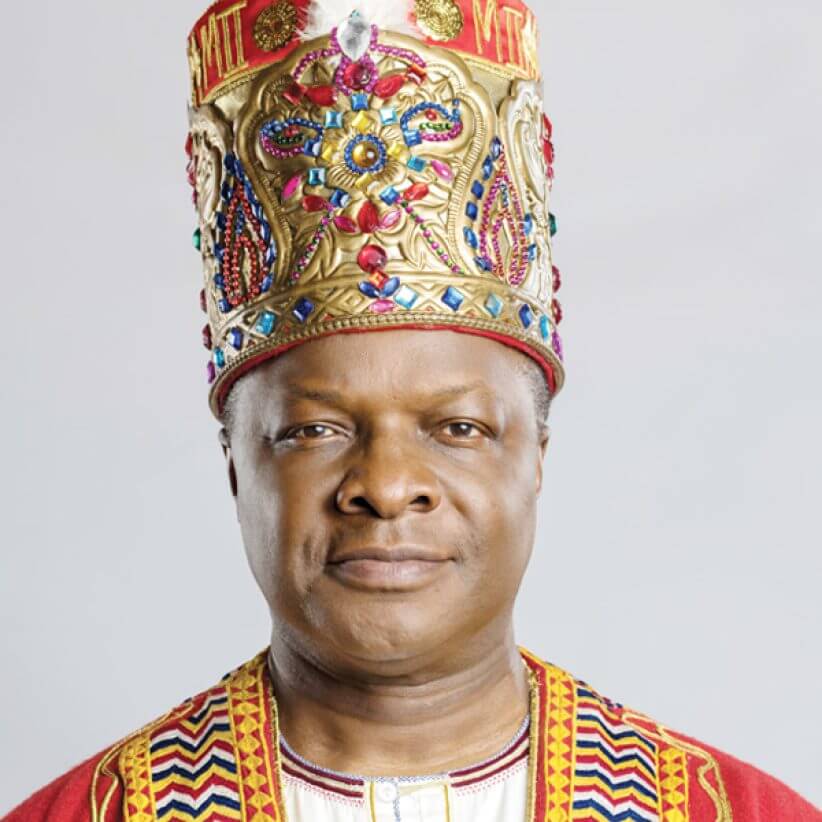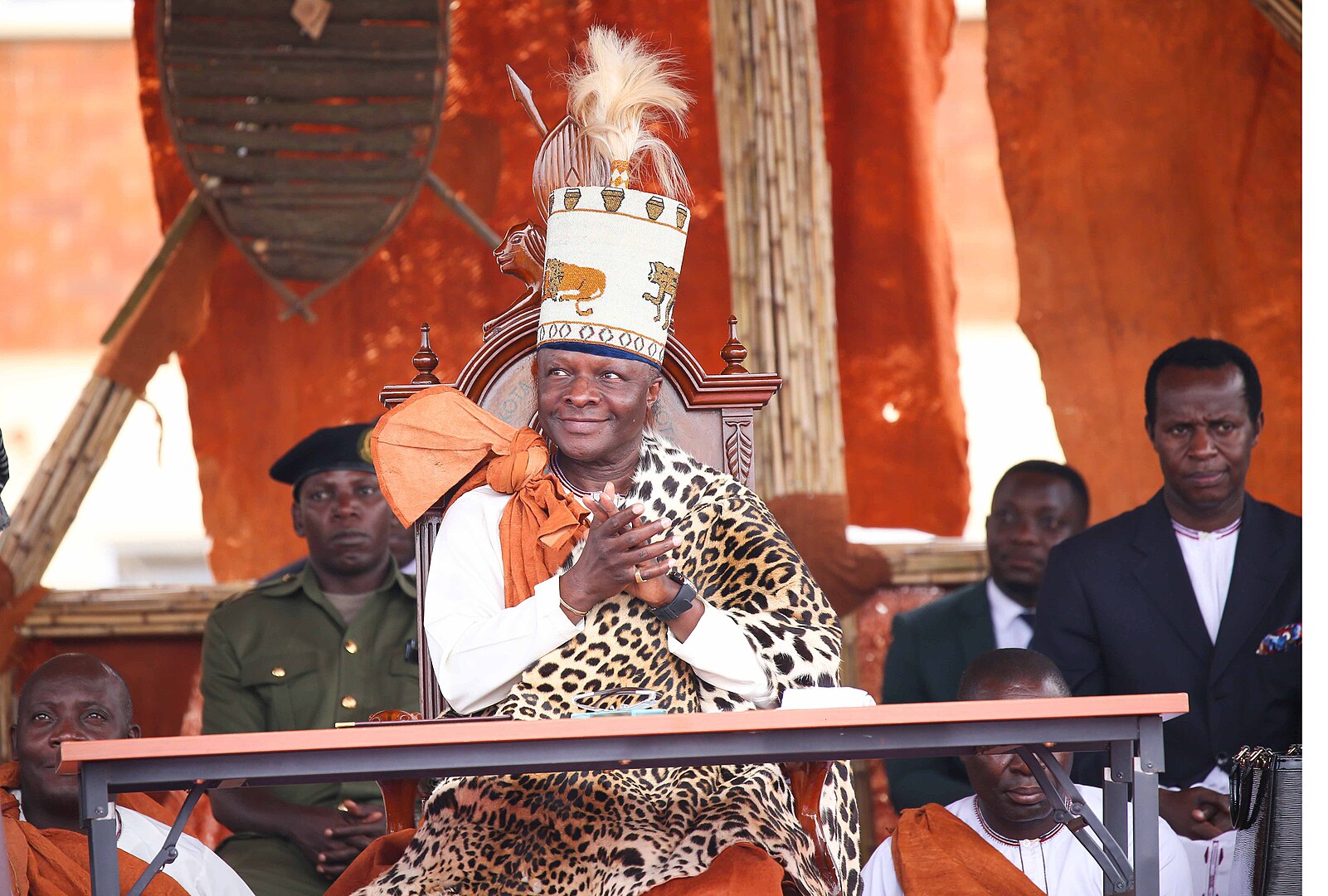
Ssaabasajja Kabaka Ronald Muwenda Mutebi II
The King of Buganda
His Majesty Kabaka Ronald Muwenda Mutebi II
36th Kabaka of Buganda
Birth and Royal Lineage
His Majesty Ronald Muwenda Mutebi II was born on 13th April 1955 at Mulago Hospital, Kampala, during a period of political turbulence. His father, Ssekabaka Sir Edward Muteesa II, was in exile in the United Kingdom at the time, following clashes with the post-independence government. His mother, Namasole Sarah Nalule Kisosonkole, belonged to the Nkima (Monkey) clan.
Coronation and Reign
Kabaka Mutebi II was enthroned on 31st July 1993, becoming the 36th King of Buganda. His coronation marked the restoration of the Buganda Kingdom, which had been abolished in 1966. Since then, His Majesty has led a renewed cultural and institutional renaissance for the Baganda people, symbolising unity, identity, and heritage.
Governance Structure
In Buganda’s governance system, the Kabaka delegates executive authority to the Katikkiro (Prime Minister), who heads a Cabinet of Ministers. Legislative oversight is conducted by the Lukiiko (Parliament), which works closely with the Cabinet to administer the Kingdom’s affairs across its 18 counties.
The Kabaka also mandates clan heads (Abataka) to uphold the values, customs, and traditions of the Baganda, ensuring that cultural heritage remains central to daily life.


Prime Ministers During His Reign
- Joash Mayanja Nkangi – Mutima (Heart) clan
- Joseph Mulwanyamuli Ssemwogerere – Lugave (Pangolin) clan
- Daniel Muliika – Nyonyi Namunyoona (Pied Crow) clan
- Eng. J.B. Walusimbi – Ffumbe (Civet Cat) clan
- Charles Peter Mayiga (current) – Mutima (Heart) clan
Royal Family
Royal Family
His Majesty is married to Her Royal Highness Nnaabagereka Sylvia Nagginda, of the Musu (Edible-Rat) clan. The royal couple has a daughter, Princess Ssangalyambogo Sarah Katrina.
Education and Early Life
During his formative years, the Kabaka attended Buddo Junior School, one of the leading institutions in the Kingdom. As a young prince, he was immersed in the rich culture and traditions of the Baganda by staying with respected clan leaders and chiefs, an experience designed to prepare him for future leadership.
He also received private tuition at his father’s palace before proceeding to the United Kingdom for further studies. Upon completing his education, he worked as a journalist and served as an Associate Editor at the African Concord Magazine, gaining exposure to international affairs and the media industry.